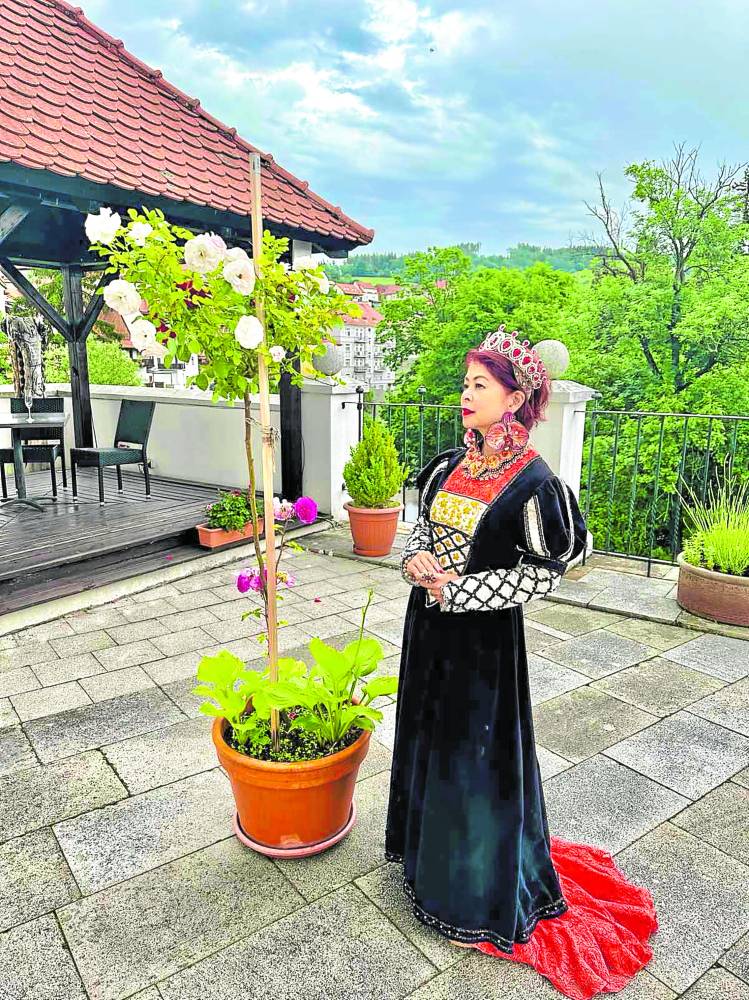14 July 2019 – 15th Sunday in Ordinary Time
Deuteronomy 30:10-14; Psalm 68, Response: Turn to the Lord in your need, and you will live; Colossians 1:15-20; Gospel: Luke 10:25-37
Time and again, I go back to Fr. James Keenan’s definition of mercy or compassion as entering the chaos of another and helping him/her make meaning out of the chaos.
This is a perfect starting point to reflect on the Parable of the Good Samaritan in this Sunday’s Gospel.
Before we reflect on the virtues of compassion, let’s take a look at the story behind the failure of the priest and the Levite to help. Their reaction to the victim was to avoid him—the resulting action was to ignore and avoid. Both did not want to be inconvenienced.
The priest was afraid that if the man was dead and he touched him, he would not be able to perform his temple duties for several days, as dictated by the law.
The Levite, as some commentaries would conjecture, might have been afraid that it was a scam.
I vividly remember an experience when I was in my second year at the Jesuit Novitiate in Novaliches. Every Sunday, we would go to Sapang Palay for Mass, and then spend the whole day doing various chapel activities and visiting homes, what we called babad or immersion.
This was in 1984-85, when salvaging, very similar to EJK, was prevalent. News of someone being salvaged came almost weekly. There was fear, yes, but it seemed it was just another story and another statistic.
Until one day, tragedy came to the community. One of the young men from the area was salvaged a few days before our Sunday apostolate. The community was in shock. Fear among the residents led to a sense of indignation and the instinct to do something to protect the community.
Community
They came together as a community, nakiramay, as we would say in Filipino. They made sense of the absurdity of “salvaging” by “being there” for each other and taking action.
They mobilized the barangay tanod, assigning them to various posts, and added street lights. They acted in solidarity with the victim’s family and in solidarity with one another.
I always remember this experience when I read the Parable of the Good Samaritan. It is to me a reminder that the priest, the Levite, the Good Samaritan, all three, are in me.
How often did I put off helping someone because I was busy preparing for a seminar or a presentation, catching a next appointment, or meeting a deadline? Quite often, I must admit, and no matter how much I rationalize, this failure to help haunts me.
The Good Samaritan is compassion, the ability to enter the chaos of the other and help make meaning out of the chaos. His reaction was not fear or an avoidance of inconvenience. He was moved to pity.
Culturally or traditionally, he was the top candidate to ignore the victim, presumably a Jew.
Jews and Samaritans are expected to ignore and avoid each other. Yet it was the Samaritan who was moved to pity with the plight of another, setting aside all fears, all societal and religious norms, all other exigencies, and thus enabling him to “be there” to act and alleviate the victim’s suffering.
Graces
The story of the Good Samaritan in a simple and concise manner gives us the graces that compassion brings.
First, being moved with pity makes us transcend our differences and allows us to enter our shared humanity—a “being there” that goes beyond pakikiramay. It gets down to the basics, the essence of it all: We are the same.
Second, the solidarity of equals cleanses the situation of the evil, the violence and suffering inflicted on the victim. The evil act is negated by the good act of the Samaritan—overcoming evil with good.
Third, the healing takes place. The Good Samaritan’s act of taking care of the victim begins the victim’s healing, and he also heals the community. Fr. Howard Gray, SJ, described this as “building a network of compassion.”
The Samaritan enlists the help of the donkey and the innkeeper to spread the act of goodness and compassion. They become part of the network of compassion.
Building a network of compassion is what our world needs much today.
The Parable of the Good Samaritan speaks to us now with a renewed message because of the tremendous changes in our world and context.
Yet, as the French proverb goes, “The more things change, the more they remain the same.”
Our world and context have changed tremendously over the past two to three decades, yet the grace, the virtue of compassion remains the same: Be there for one another in our shared humanity, and together overcome evil with good and build a world of love and compassion. —CONTRIBUTED














































